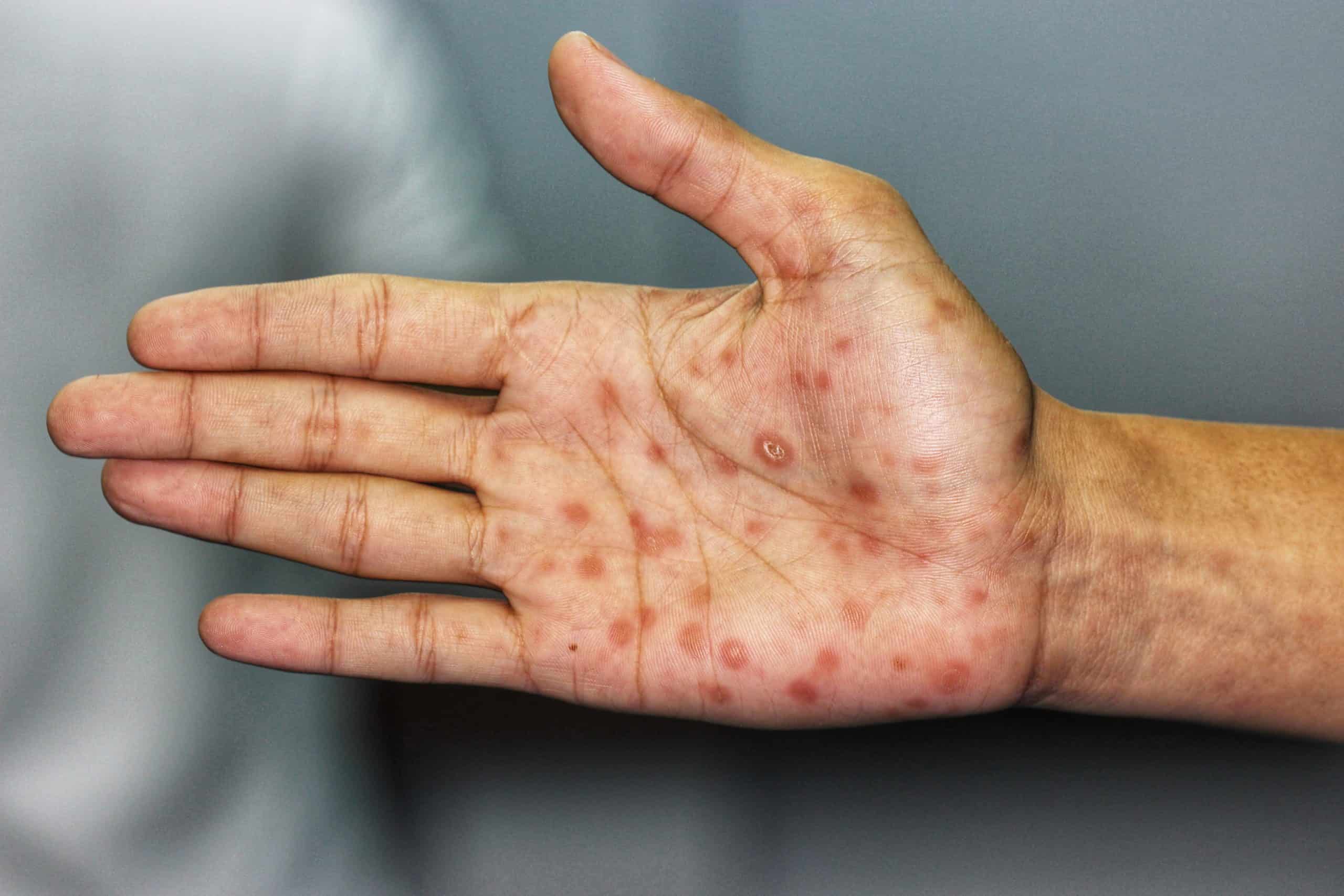Overview Of Syphilis
Syphilis is a sexually transmitted infection (STI) caused by the bacterium *Treponema pallidum*. It progresses through distinct stages—primary, secondary, latent, and tertiary—each with varying symptoms and complications. If left untreated, syphilis can cause severe damage to the heart, brain, nerves, and other organs. The infection is primarily spread through sexual contact, including vaginal, anal, and oral sex, but can also be transmitted from mother to fetus during pregnancy (congenital syphilis). Early diagnosis and treatment with antibiotics are crucial to prevent long-term complications. Public health efforts focus on screening, education, and safe sexual practices to reduce the spread of syphilis. ---
Symptoms of Syphilis
- The symptoms of syphilis vary depending on the stage of infection. In the primary stage, a painless sore (chancre) appears at the site of infection, usually 3 weeks after exposure. The secondary stage is characterized by a rash, often on the palms and soles, along with fever, swollen lymph nodes, and mucous membrane lesions. The latent stage has no visible symptoms, but the infection remains active. In the tertiary stage, which can occur years later, severe complications such as gummas (soft tissue lesions), cardiovascular syphilis, and neurosyphilis (affecting the brain and nerves) may develop. Congenital syphilis can cause stillbirth, developmental delays, or severe health issues in newborns. ---
Causes of Syphilis
- Syphilis is caused by the bacterium *Treponema pallidum*, which is transmitted through direct contact with a syphilitic sore (chancre) during sexual activity. These sores can occur on the genitals, anus, rectum, lips, or mouth. The infection can also be transmitted from an infected mother to her baby during pregnancy or childbirth, leading to congenital syphilis. Risk factors include unprotected sex, multiple sexual partners, and a history of other STIs. The bacterium enters the body through mucous membranes or breaks in the skin, leading to systemic infection if untreated. ---
Risk Factors of Syphilis
- Several factors increase the risk of contracting syphilis. Unprotected sex, including vaginal, anal, and oral sex, is the primary risk factor. Having multiple sexual partners or a partner with a known STI also elevates the risk. Men who have sex with men (MSM) are disproportionately affected. A history of other STIs, such as HIV, increases susceptibility due to compromised immune defenses. Pregnant women with syphilis can transmit the infection to their babies, leading to congenital syphilis. Lack of access to healthcare and education about safe sexual practices further contribute to the spread of syphilis. ---
Prevention of Syphilis
- Preventing syphilis involves practicing safe sex, including the consistent use of condoms, and reducing the number of sexual partners. Regular screening for syphilis and other STIs is recommended for sexually active individuals, particularly those at high risk. Pregnant women should be screened early in pregnancy to prevent congenital syphilis. Public health initiatives, such as education campaigns and increased access to testing and treatment, are critical for reducing the spread of syphilis. Vaccines for syphilis are not currently available, but research is ongoing. ---
Prognosis of Syphilis
- The prognosis for syphilis is excellent with early diagnosis and treatment. Most individuals recover fully without complications if treated during the primary or secondary stages. However, untreated syphilis can progress to the latent and tertiary stages, leading to severe complications such as cardiovascular disease, neurosyphilis, or death. Congenital syphilis can cause stillbirth, neonatal death, or lifelong health issues in affected infants. Regular screening, prompt treatment, and follow-up are crucial to improving outcomes. Public health efforts to reduce stigma and increase access to testing and treatment further enhance prognosis. ---
Complications of Syphilis
- Untreated syphilis can lead to severe complications, particularly in the tertiary stage. Cardiovascular syphilis can cause aneurysms or aortic valve damage. Neurosyphilis can result in meningitis, stroke, dementia, or paralysis. Gummatous syphilis causes destructive lesions in the skin, bones, and organs. Congenital syphilis can lead to stillbirth, neonatal death, or developmental delays in surviving infants. Early diagnosis and treatment are essential to prevent these complications. Regular screening and education about safe sexual practices are key to reducing the burden of syphilis. ---
Related Diseases of Syphilis
- Syphilis is closely related to other sexually transmitted infections, such as HIV, gonorrhea, and chlamydia. Co-infection with HIV is common and can complicate the diagnosis and treatment of both diseases. Syphilis can also mimic other conditions, such as lupus or rheumatoid arthritis, due to its varied symptoms. Congenital syphilis shares similarities with other neonatal infections, such as toxoplasmosis or cytomegalovirus. Understanding these related diseases is important for accurate diagnosis and management. Preventive measures for syphilis also reduce the risk of other STIs. ---
Treatment of Syphilis
The treatment of syphilis depends on the stage of the infection. For primary, secondary, and early latent syphilis, a single intramuscular injection of penicillin G is the preferred treatment. For late latent or tertiary syphilis, three doses of penicillin G are given at weekly intervals. Neurosyphilis requires intravenous penicillin for 10–14 days. For individuals allergic to penicillin, alternatives such as doxycycline or ceftriaxone may be used. Sexual partners should also be tested and treated to prevent reinfection. Follow-up testing is essential to ensure the infection is fully resolved. ---
Generics For Syphilis
Our administration and support staff all have exceptional people skills and trained to assist you with all medical enquiries.

Benzathine Penicillin
Benzathine Penicillin

Benzyl Penicillin
Benzyl Penicillin

Benzyl Penicillin + Procaine Penicillin
Benzyl Penicillin + Procaine Penicillin

Doxycycline
Doxycycline

Tetracycline Hydrochloride
Tetracycline Hydrochloride

Lymecycline
Lymecycline

Benzathine Penicillin
Benzathine Penicillin

Benzyl Penicillin
Benzyl Penicillin

Benzyl Penicillin + Procaine Penicillin
Benzyl Penicillin + Procaine Penicillin

Doxycycline
Doxycycline

Tetracycline Hydrochloride
Tetracycline Hydrochloride

Lymecycline
Lymecycline


